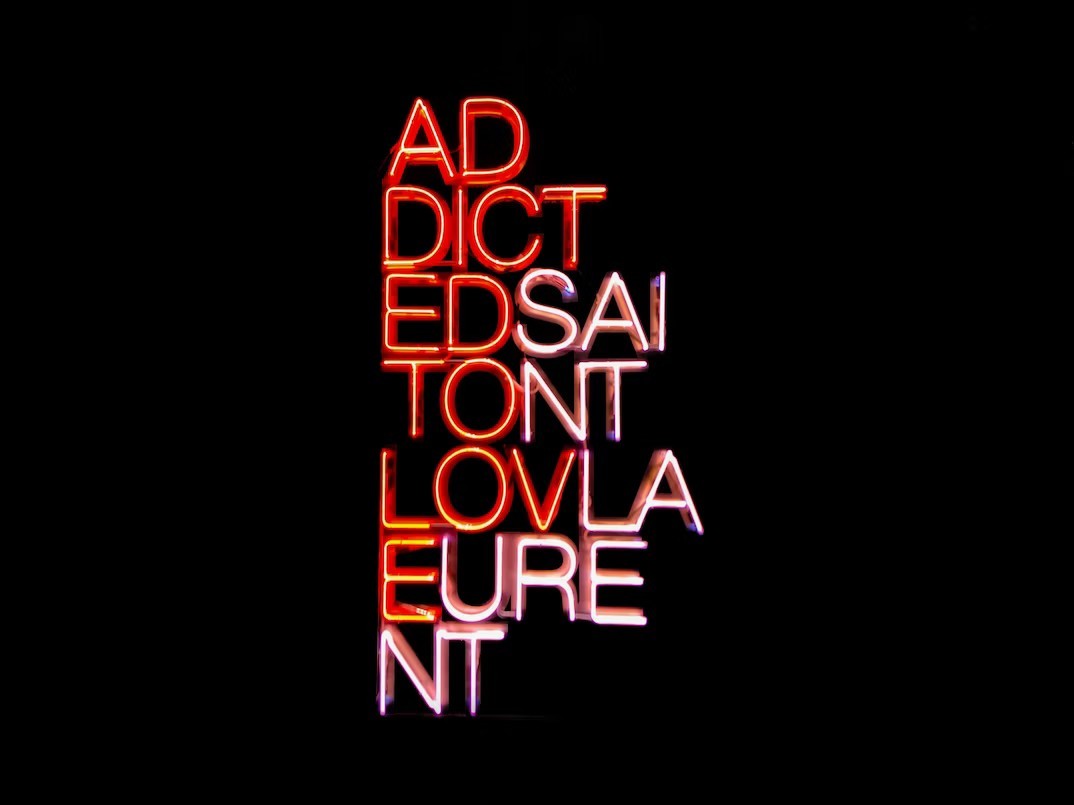Based on the work of Dr. Gabor Maté, a renowned expert in addiction and trauma, this article explores the journey of finding joy and purpose in recovery from alcohol addiction, particularly for those in South Africa. Dr. Maté’s approach to addiction shifts the focus from seeing it as a disease to understanding it as a symptom, which is an essential aspect for both addiction counselors and their patients to consider.
Dr. Maté emphasizes that addiction is a symptom of unmet emotional needs, often stemming from early childhood experiences, trauma, and emotional pain. To address these underlying issues and foster healing, individuals in recovery must engage in a process of self-exploration and reflection. This involves acknowledging past traumas, understanding their impact, and nurturing self-compassion.
Are recovering alcoholics and addicts happier?
Finally, we can see that recovering drug users can be just as happy, if not happier, than “normal” people. Fellowship with other people who have experienced the depths of addiction provides a sense of meaning, community, and support. We are no longer alone, despite our isolation and desperation. In addition, by following the 12 steps, we learn to “clean house” and approach life with a fresh perspective. Our sense of usefulness and self-worth grows as we make patient spiritual and emotional progress. Many people in recovery believe they are “the lucky ones.” We are given a new life that is far superior to anything we might have imagined. Our painful past becomes our most significant gift.
 One key element to consider in the South African context is the role of community and social support in the healing process. Connection and belonging play a significant role in mitigating the emotional pain that often drives addiction. Developing a sense of purpose and meaning in one’s life can also help individuals overcome the grip of addiction, as it can provide a sense of direction and motivation.
One key element to consider in the South African context is the role of community and social support in the healing process. Connection and belonging play a significant role in mitigating the emotional pain that often drives addiction. Developing a sense of purpose and meaning in one’s life can also help individuals overcome the grip of addiction, as it can provide a sense of direction and motivation.
In South Africa, where the scars of apartheid and inequality still linger, it is particularly important to recognize and address the unique socio-economic factors that may contribute to addiction. This includes acknowledging the impact of systemic racism and poverty on mental health and addiction. By developing a deeper understanding of these factors, addiction counselors can better support their patients in their recovery journey and help them find joy and purpose.
Let’s consider five frequently asked questions related to recovery from alcohol addiction in South Africa:
- How does trauma and emotional pain contribute to addiction in the South African context?
Historical trauma from apartheid, ongoing socio-economic disparities, and the effects of systemic racism can create emotional pain and stress that contribute to addiction. It is essential for addiction counselors to recognize and address these factors in the recovery process. - What role does social support play in recovery from addiction in South Africa?
Social support is crucial in the recovery process, as it helps individuals develop a sense of belonging and connection. This can be particularly important in South Africa, where communities have been fractured by the legacy of apartheid. - How can individuals in recovery find purpose and meaning in their lives?
Engaging in activities that align with one’s values, interests, and passions can help individuals in recovery find purpose and meaning. This could involve volunteering, pursuing a creative hobby, or working towards a personal or professional goal. - How can addiction counselors better support their patients in finding joy and purpose in recovery?
Counselors can facilitate self-exploration, helping patients identify their strengths, passions, and values. They can also encourage engagement in activities that foster connection and meaning, while addressing the unique challenges that South African patients may face in their recovery. - Are there any specific resources or programs in South Africa to help individuals in recovery find joy and purpose?
There are various support groups, non-profit organizations, and community-based programs in South Africa that can help individuals in recovery build connections, find purpose, and develop coping strategies. Addiction counselors can provide guidance and referrals to appropriate resources.
Understanding addiction as a symptom rather than a disease provides a more compassionate and effective approach to recovery. By addressing the underlying emotional pain and trauma, fostering social connections, and supporting individuals in finding meaning and purpose, addiction counselors can help their patients navigate the challenges of recovery in the unique context of South Africa.
Addiction counselors should be culturally sensitive and aware when working with South African patients. Understanding their patients’ diverse cultural backgrounds, values, and beliefs can help them provide more effective and compassionate care. Family and community participation: In South Africa, where communal bonds and family structures are highly valued, the involvement of families and communities in the recovery process can be critical. Counselors can help families educate themselves about addiction, improve communication, and create a supportive environment for their loved ones in recovery.

